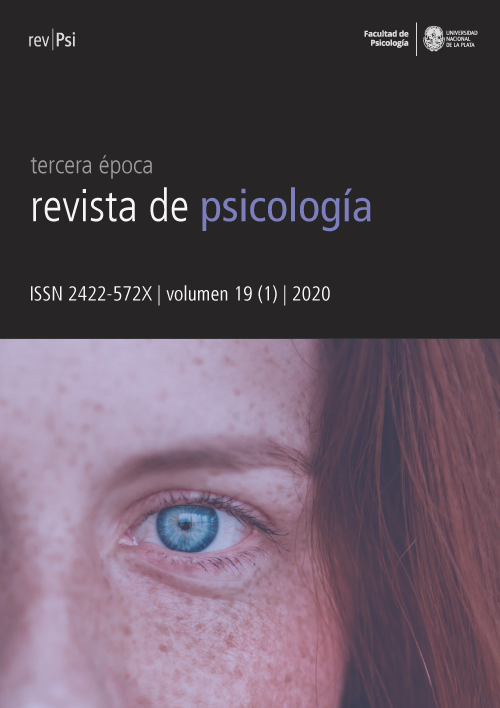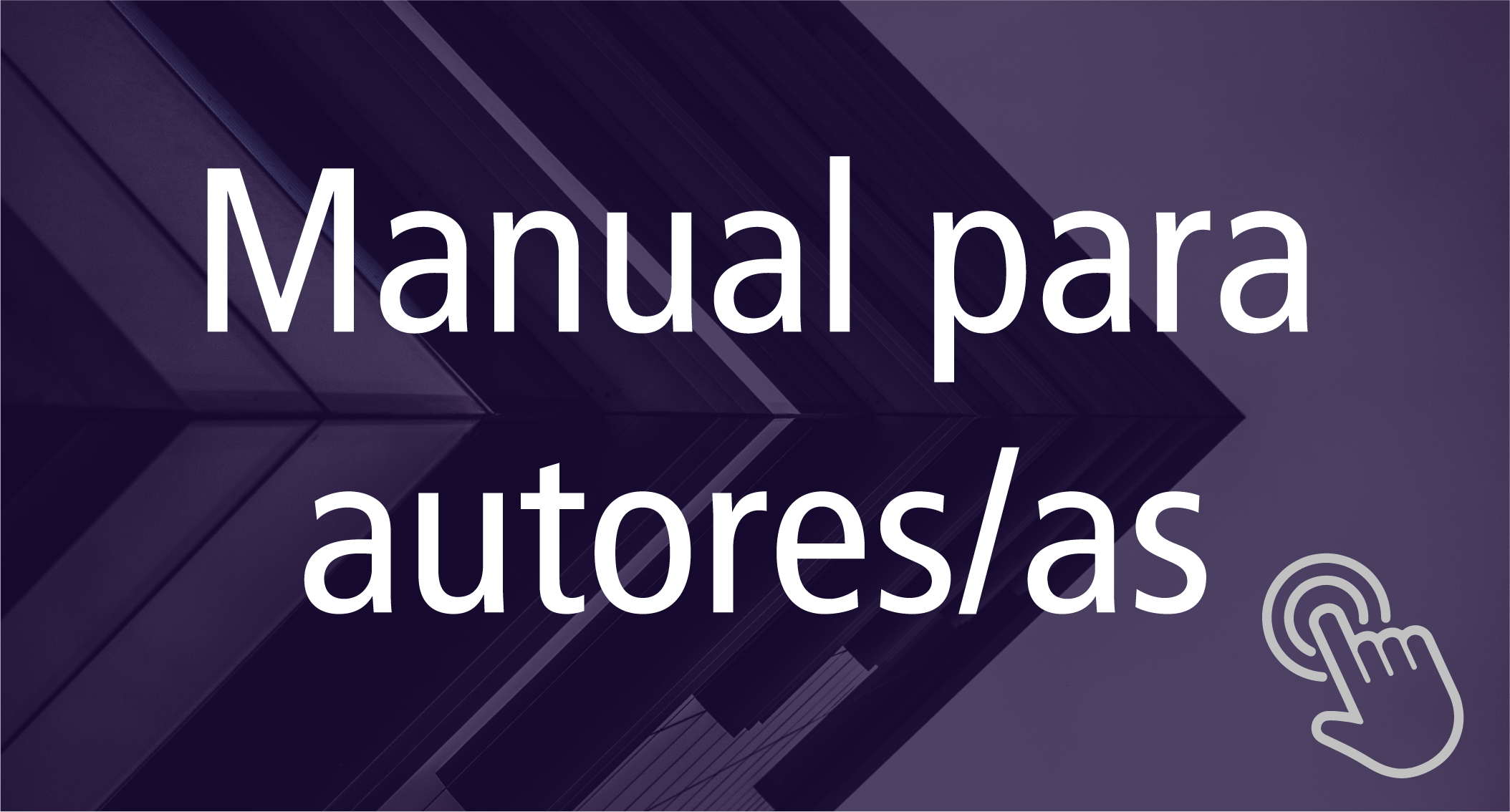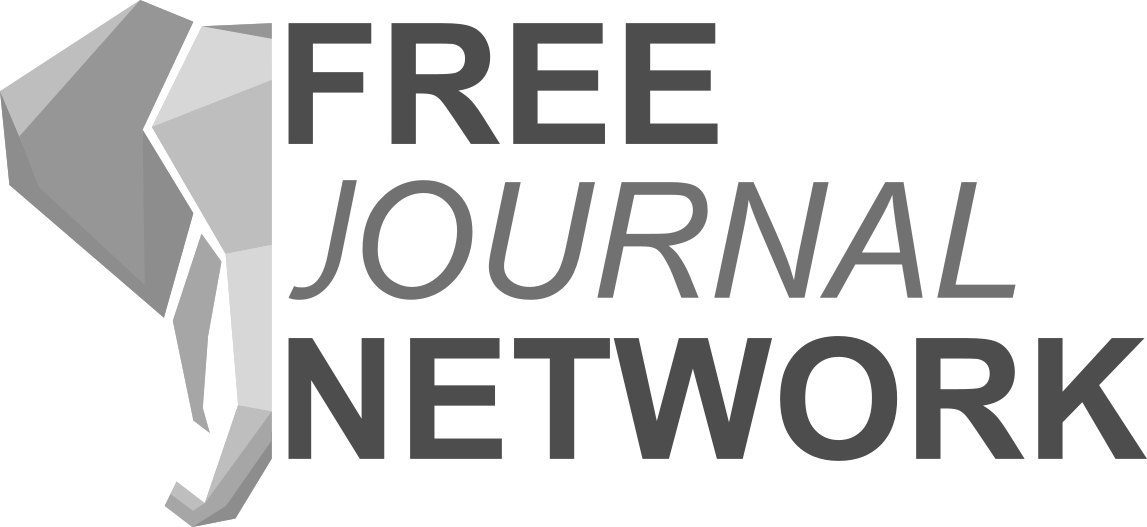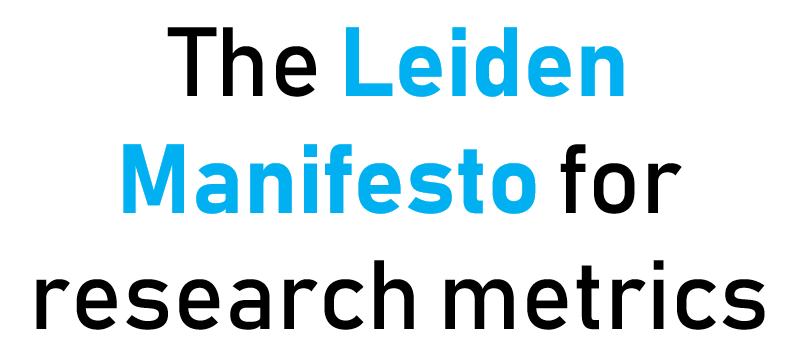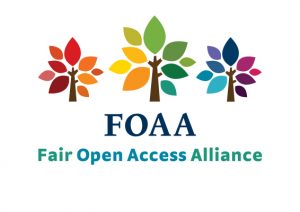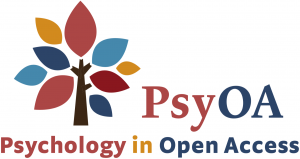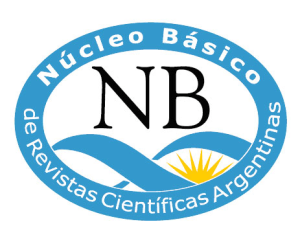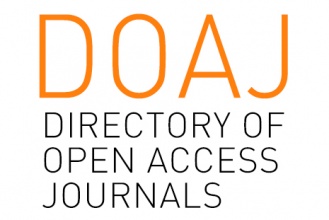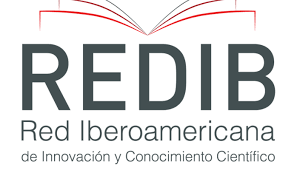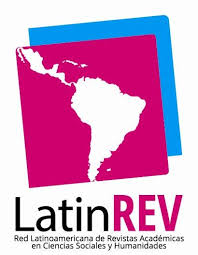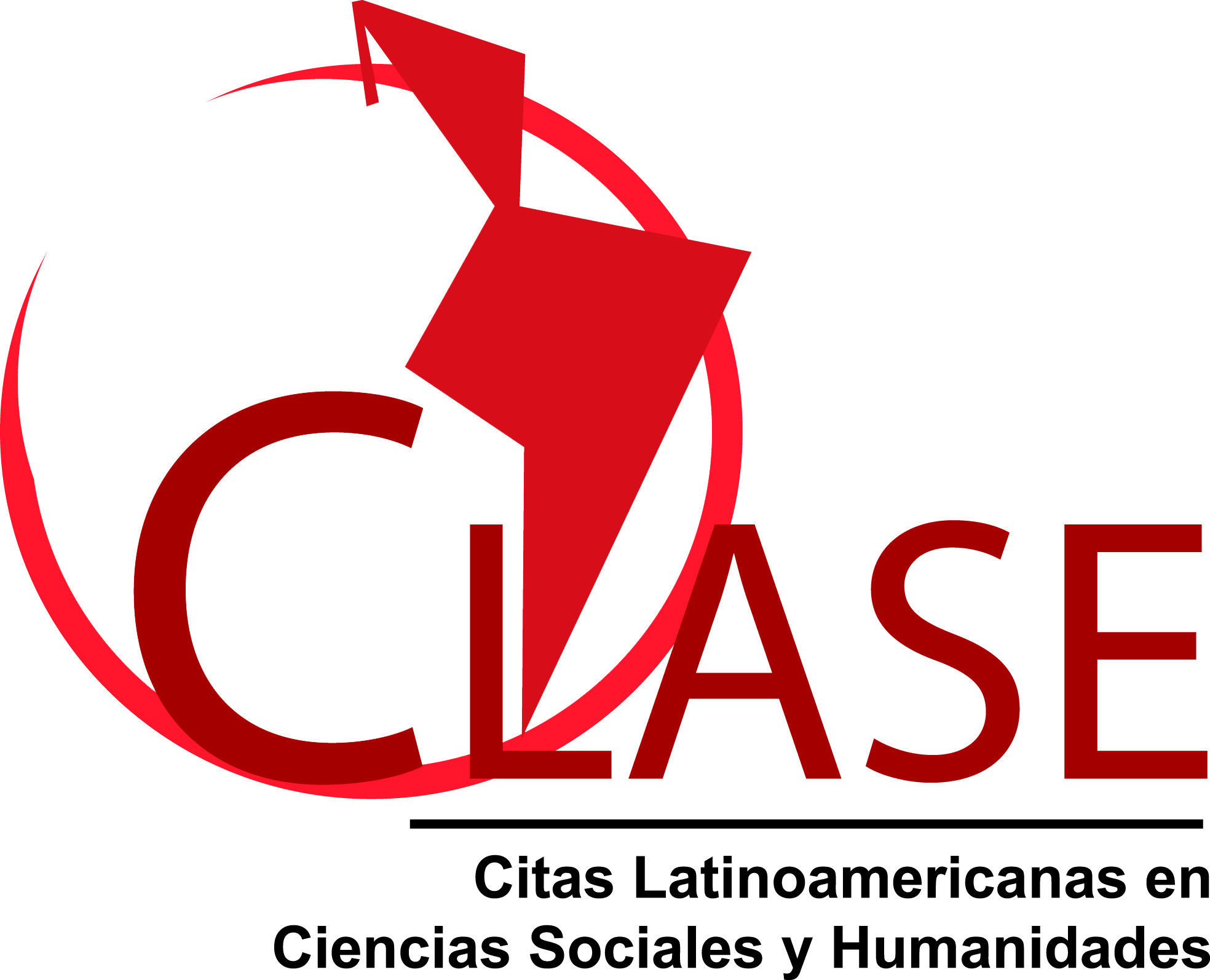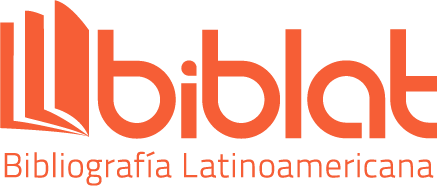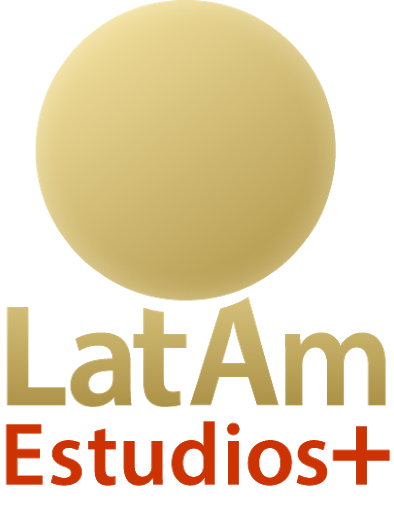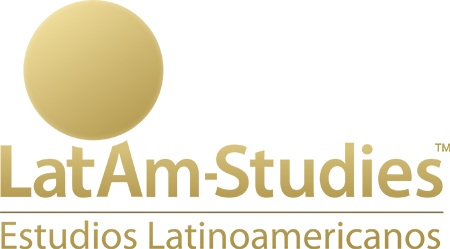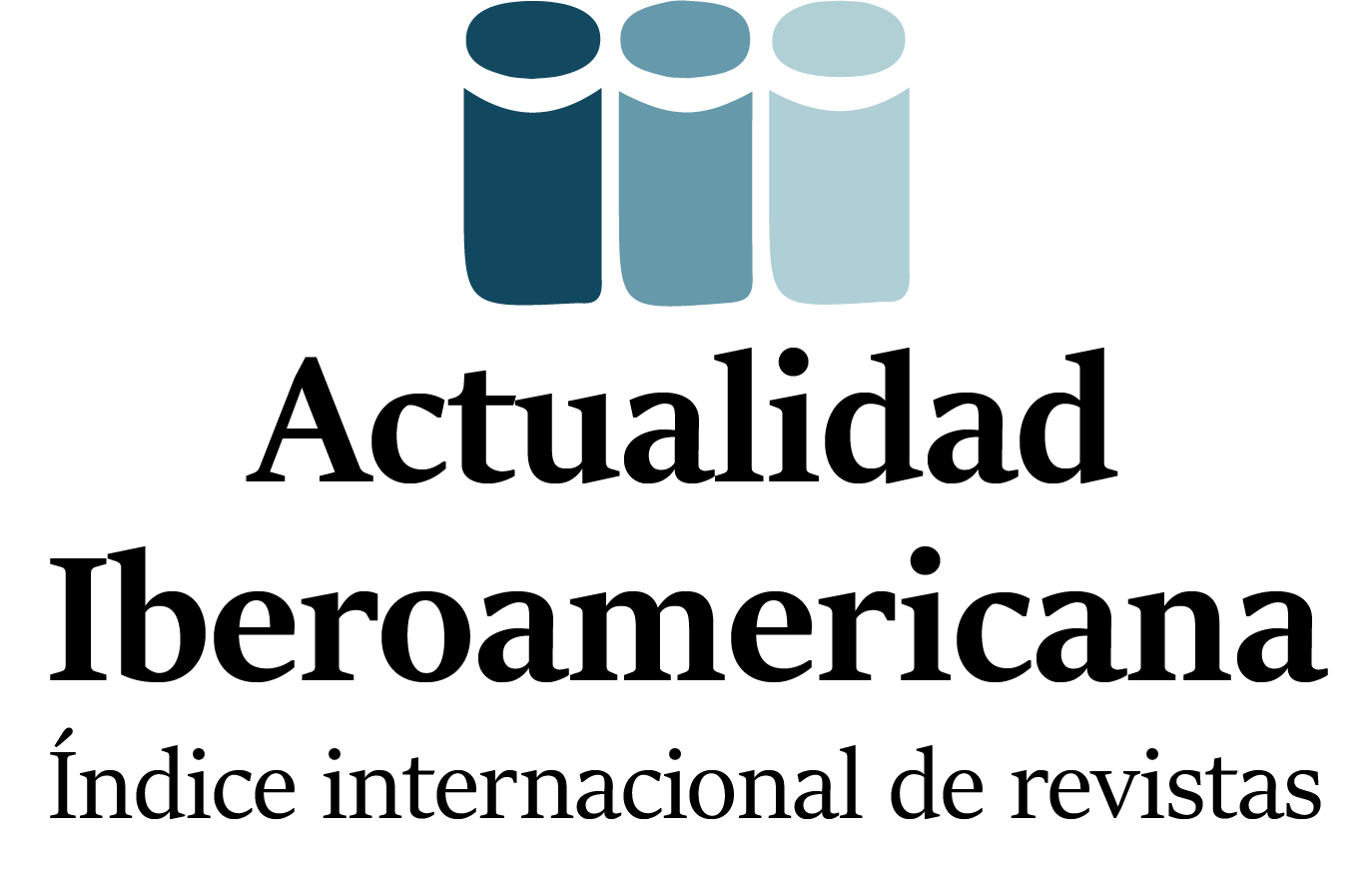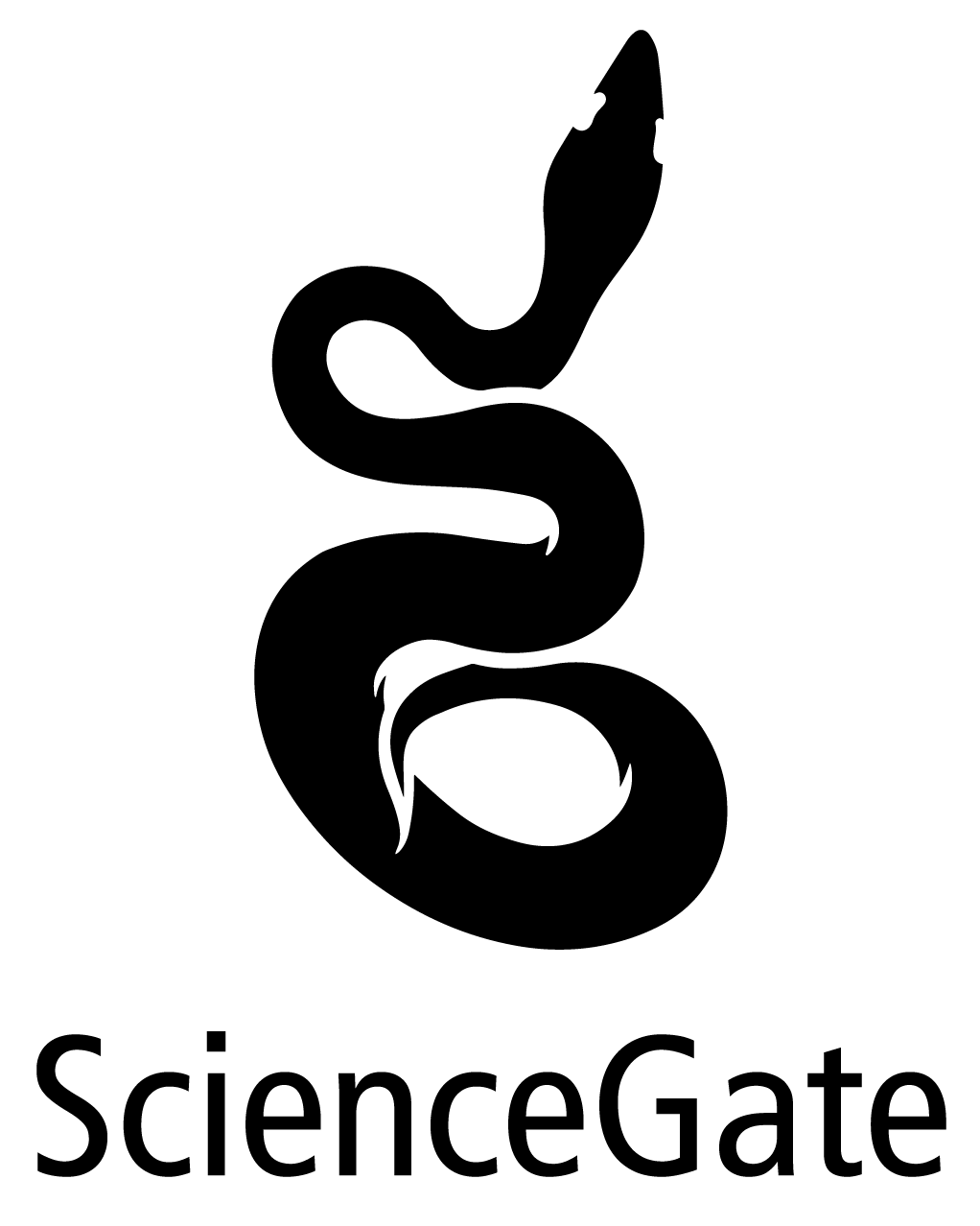What is human biology?
DOI:
https://doi.org/10.24215/2422572Xe058Keywords:
biology, sciences, psychologist's training, complexity paradigm, humanaAbstract
This micro-article reflects on human biology. In order to approach a definition of the discipline, answers are proposed to different guiding questions: is human biology a science? If so, is it a social science or a natural science? What is its object of study? How does it analyze its object of study? Why is it included in the curriculum of undergraduate, graduate, and teacher training programs in psychology? After addressing these issues, it is proposed that human biology is an adequate field from which to develop interdisciplinary research consistent with the paradigm of complexity, currently in force. Finally, it is advocated for a training of the psychologist that calls for interdiscipline and that integrates in the situation of teaching and learning conceptual fields of different disciplines.
Downloads
Metrics
References
Ansermet, F y Magistretti, P. (2008). A cada cual su cerebro. Plasticidad neuronal e inconsciente. Katz.
Beals, R. L. y Hoijer, H. (1968). Introducción a la antropología. Editorial Aguilar.
Dagfal, A. A. (2014). Breve historia de la psicología en la ciudad de La Plata (1906-1966). Universitas Psychologica, 13(5), 15-31. http://dx.doi.org/10.11144/Javeriana.upsy13-5.bhpc
Freud, S. (1920/1992). Más allá del principio de placer. En sus Obras completas. Tomo XVIII. Amorrortu.
Garcia, R. (2011). Interdisciplinariedad y sistemas complejos. Revista Latinoamericana de Estudios Sociales, 1(1), 66-101.
Horstein, L. (2016). Nuevos paradigmas para el psicoanálisis: reduccionismo o complejidad. Psyciencia.com. https://www.psyciencia.com/nuevos-paradigmas-para-el-psicoanalisis-reduccionismo-o-complejidad/
Juárez, J. M y Comboni Salinas, S. (2012). Epistemología del pensamiento complejo. REencuentro. Análisis de Problemas Universitarios, 65, 38-51.
Lévy-Strauss, C. (1968). Antropología estructural. EUDEBA.
Luis, M. A., Quintero, F. A., Torres, M. F., Castro, L. E., Cesani, M. F., Bergel, M. L., Garraza, M., Navazo, B., y Oyhenart, E. E. (2018). Análisis de la variabilidad del crecimiento infantil en diversos ambientes de la provincia de Buenos Aires, Argentina. Revista Argentina de Antropología Biológica, 20(1), 1-14. https://dx.doi.org/10.17139/raab.2018.0020.01.04
Perinat, A. (2007). La teoría histórico-cultural de Vygotsky: algunas acotaciones a su origen y su alcance. Revista de Historia de la Psicología, 28(2-3), 19-25.
Pucciarelli, H. M. (1989). Contribución al concepto de antropología biológica. Revista de Antropología, 7, 27-31.
White, L. A. (1964). La ciencia de la cultura. Paidós.
Downloads
Published
How to Cite
Issue
Section
License
![]()
Authors who publish in this journal accept the following conditions:
- Authors retain the copyright and assign the right of first publication to the journal, with the work registered under a Creative Commons attribution license (CC-BY), which allows third parties to use what is published whenever they mention the authorship of the work and the first publication in this magazine.
- Authors can make other independent and additional contractual agreements for the non-exclusive distribution of the article published in this journal (e.g., include it in an institutional repository or publish it in a book) as long as they clearly indicate that the work was published for the first time in this magazine.
- Authors are allowed and encouraged to publish their work on the Internet (e.g., on institutional or personal webpages) before and during the review and publication process, as it can lead to productive exchanges and greater and faster dissemination of published work (see The Effect of Open Access ).

